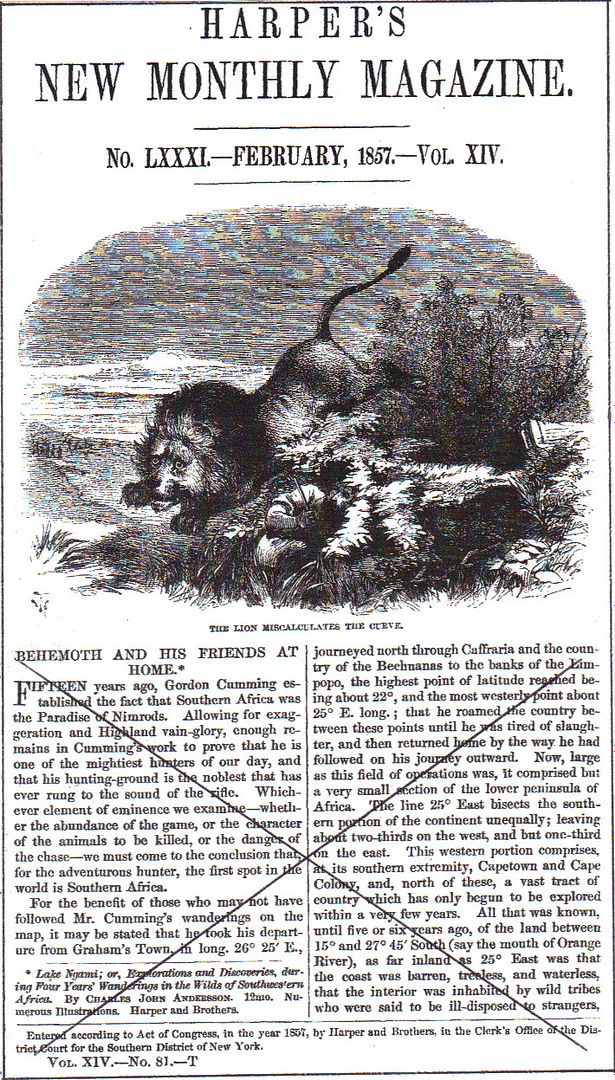
Posted on 02/01/2017 4:52:50 AM PST by Homer_J_Simpson

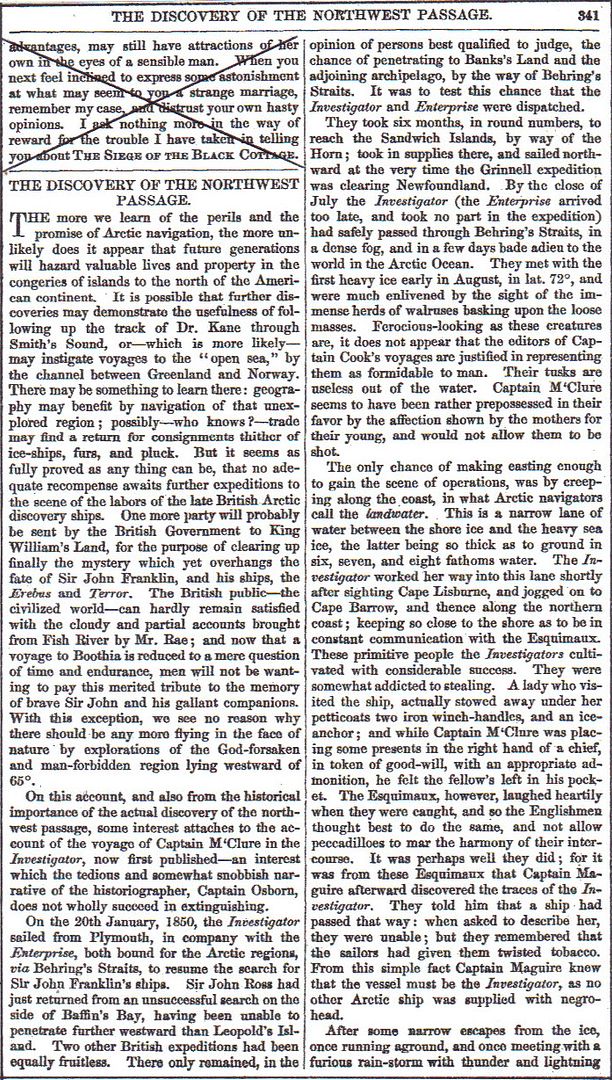
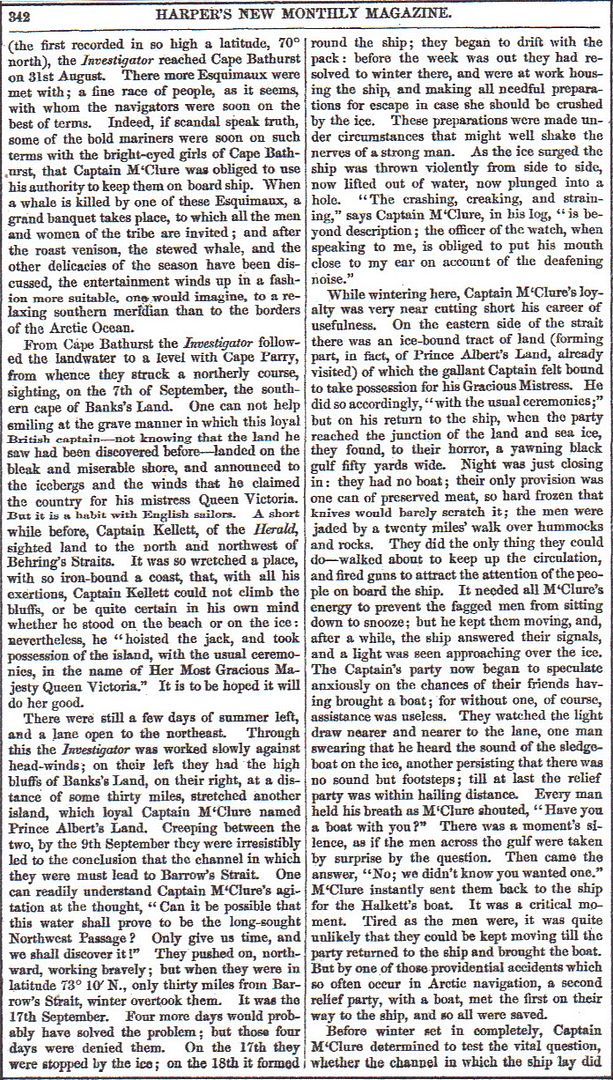
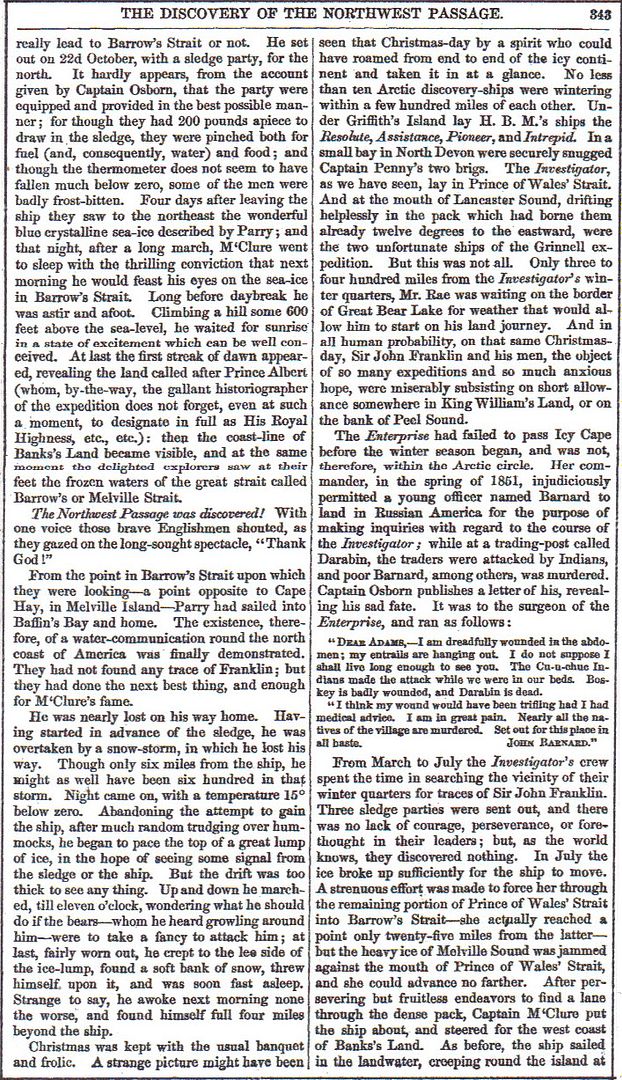
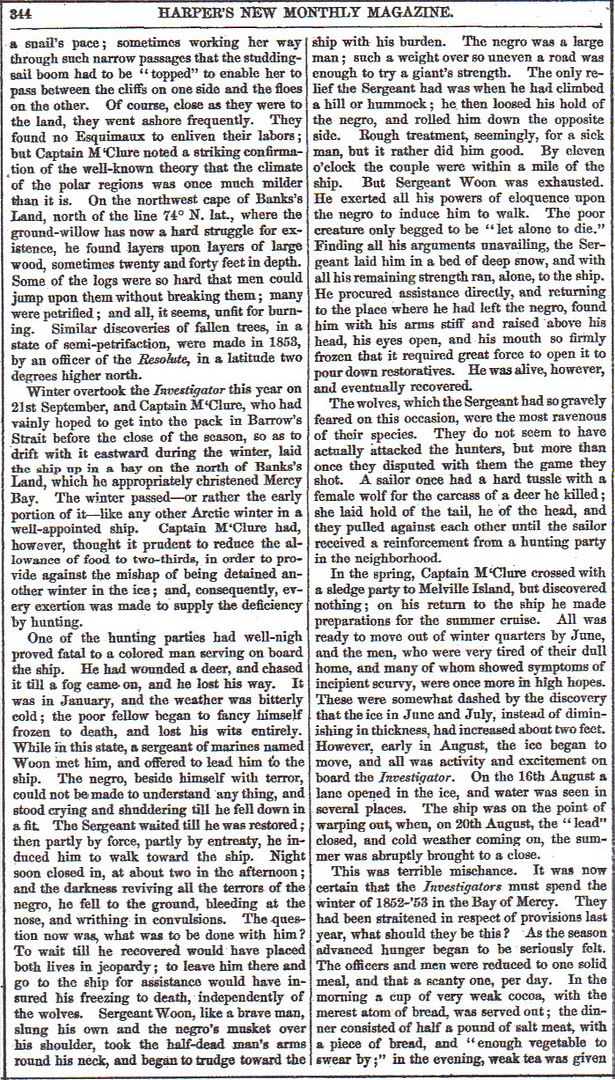
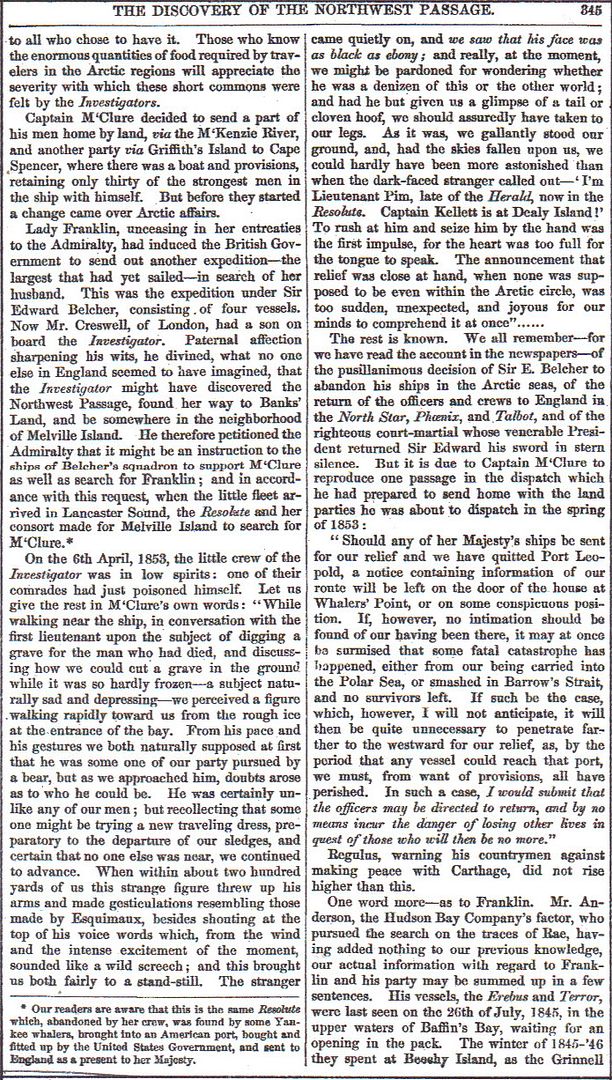
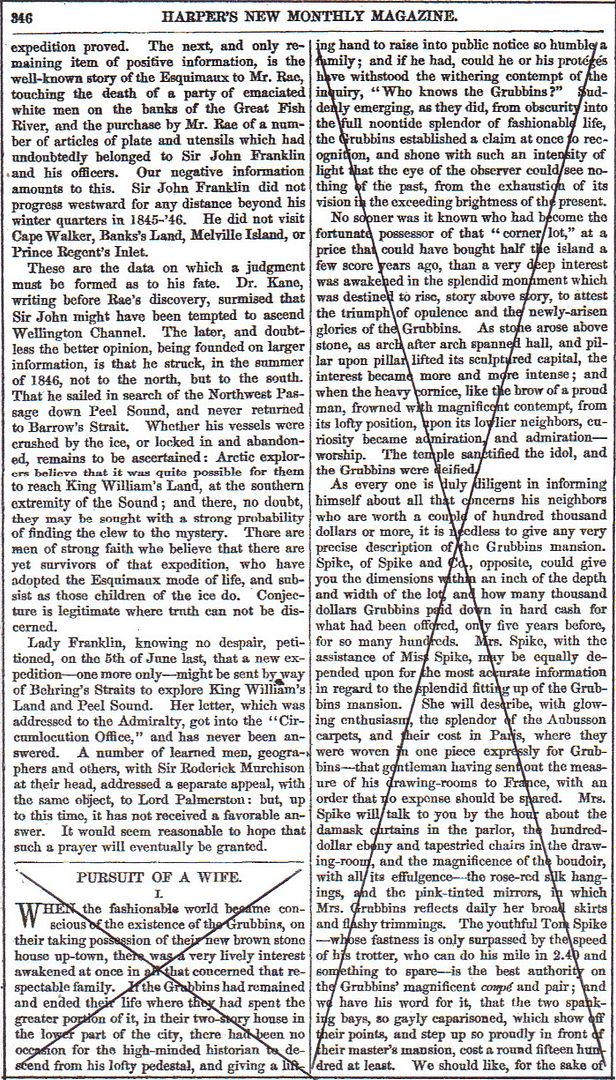
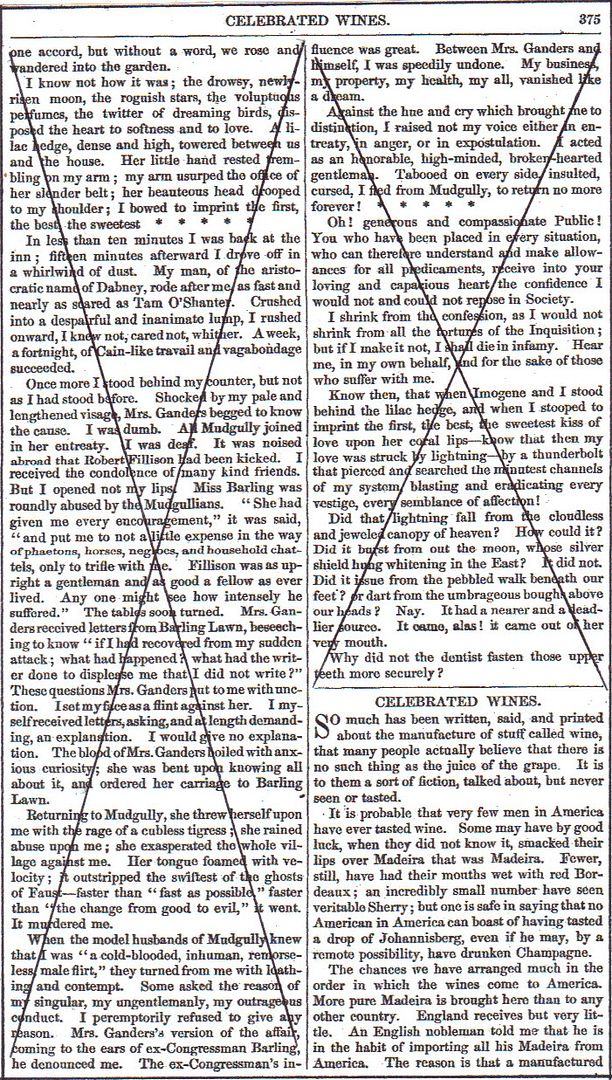
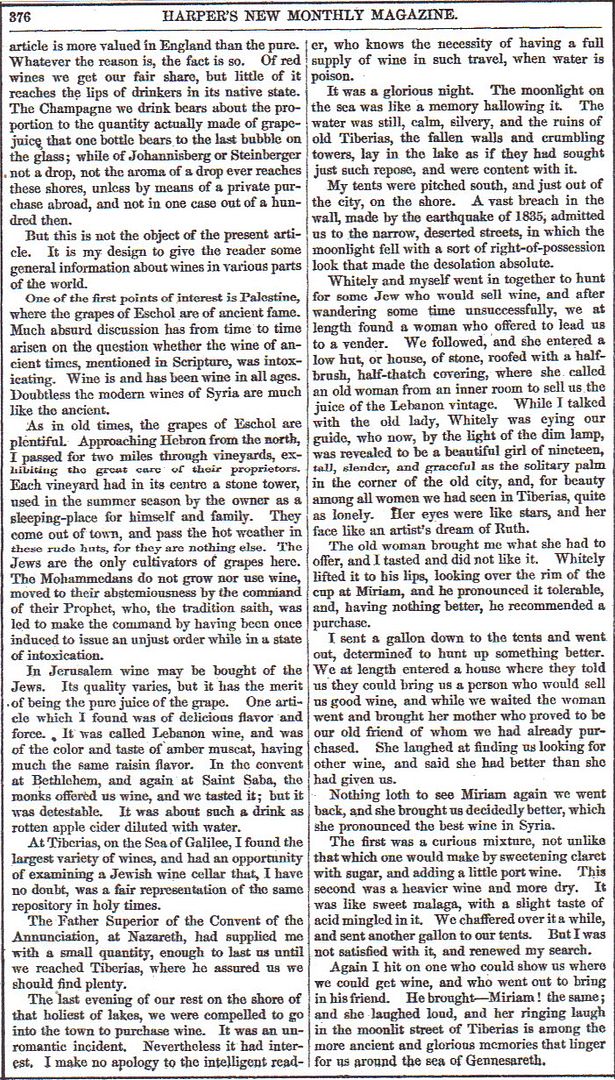
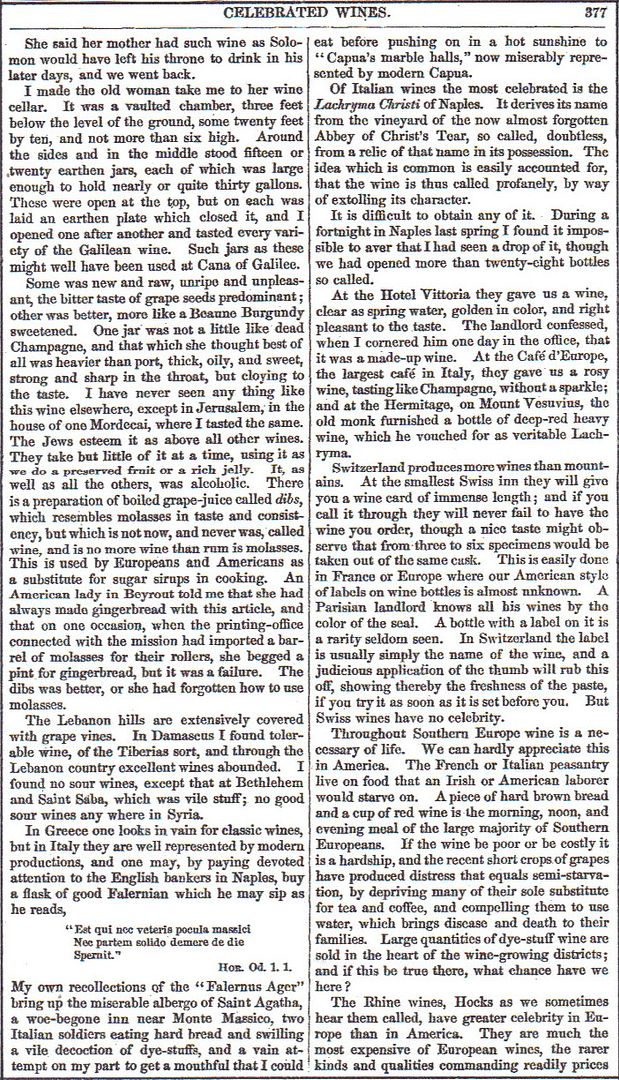
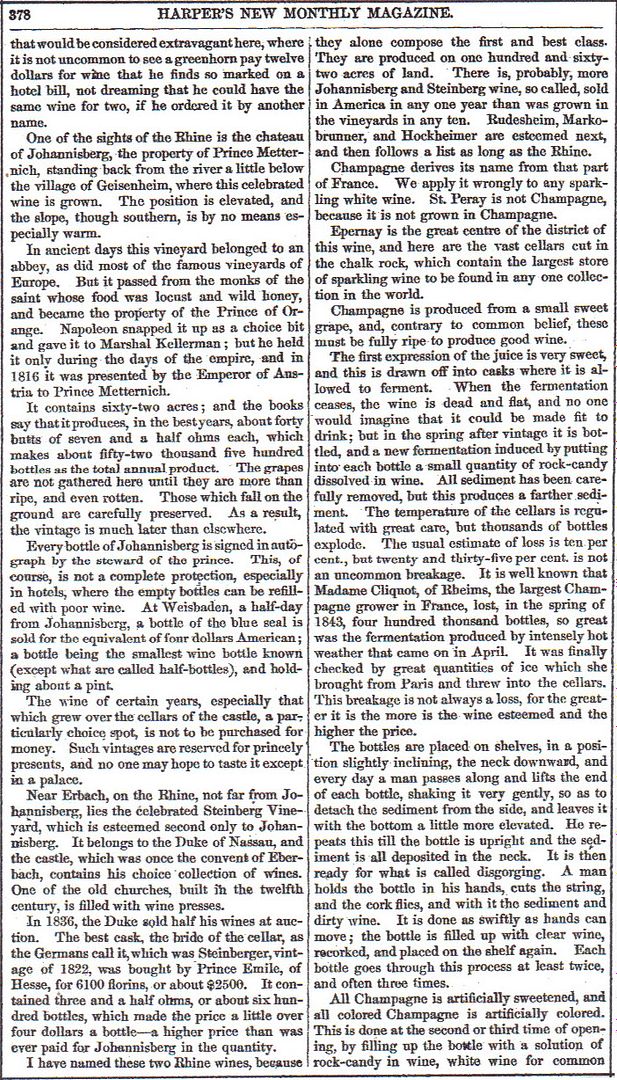
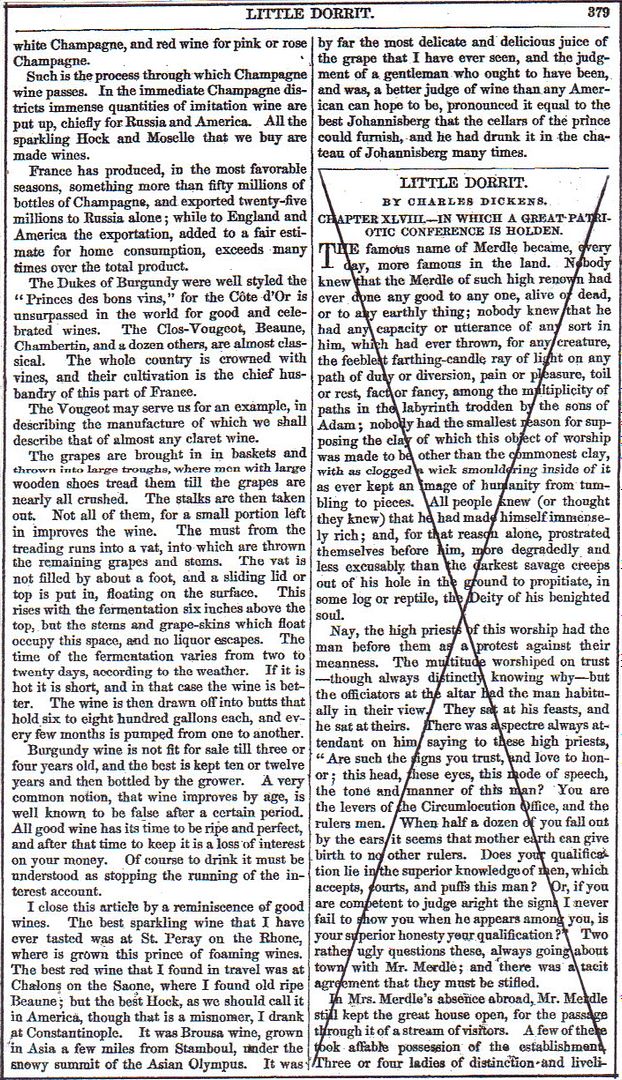
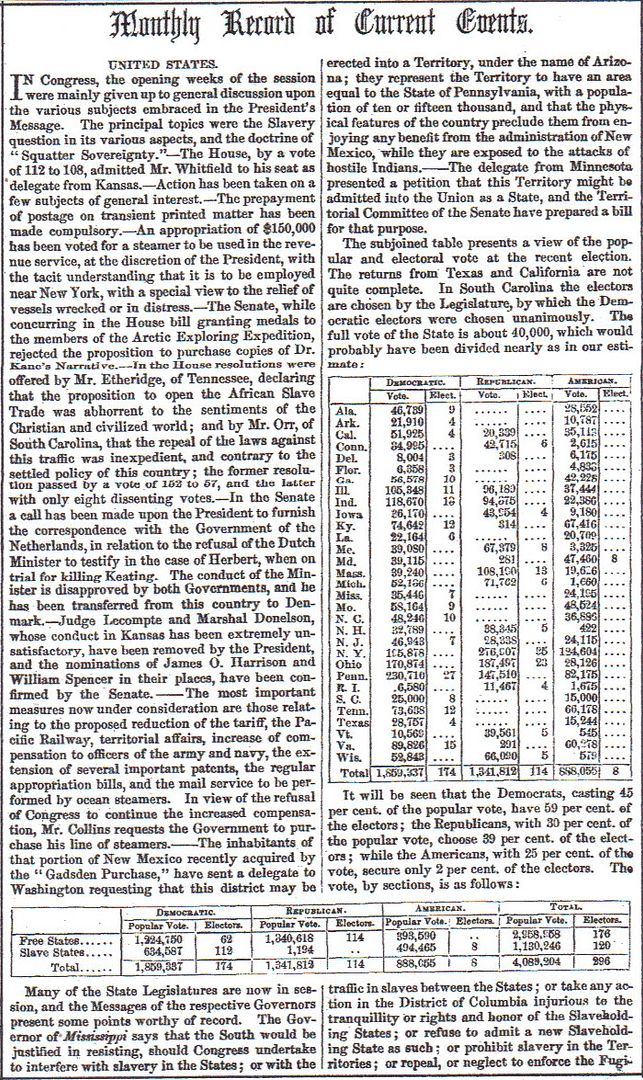
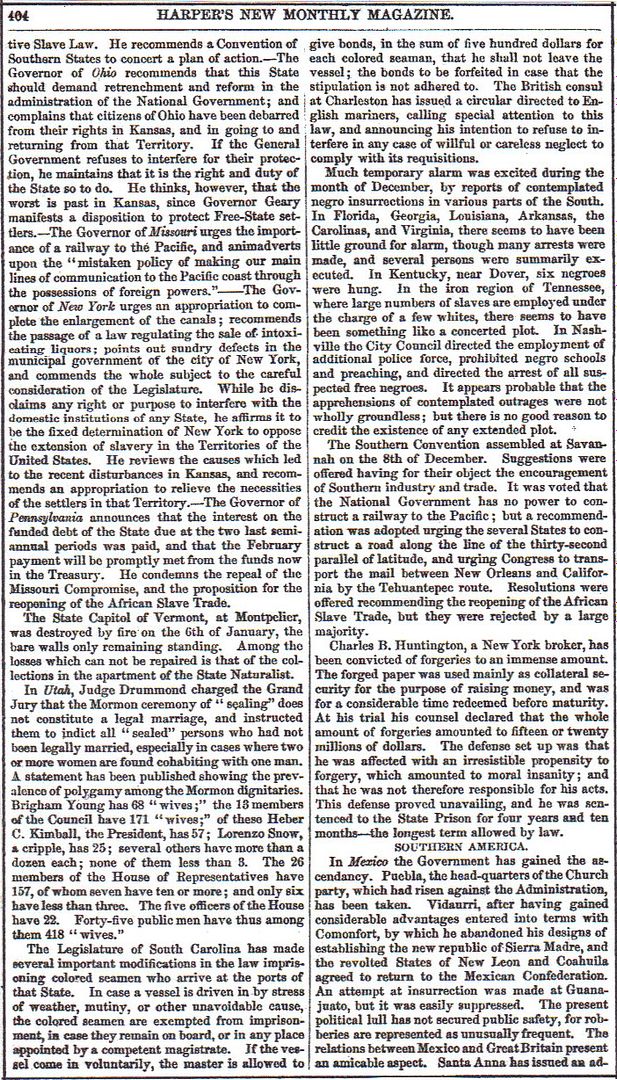
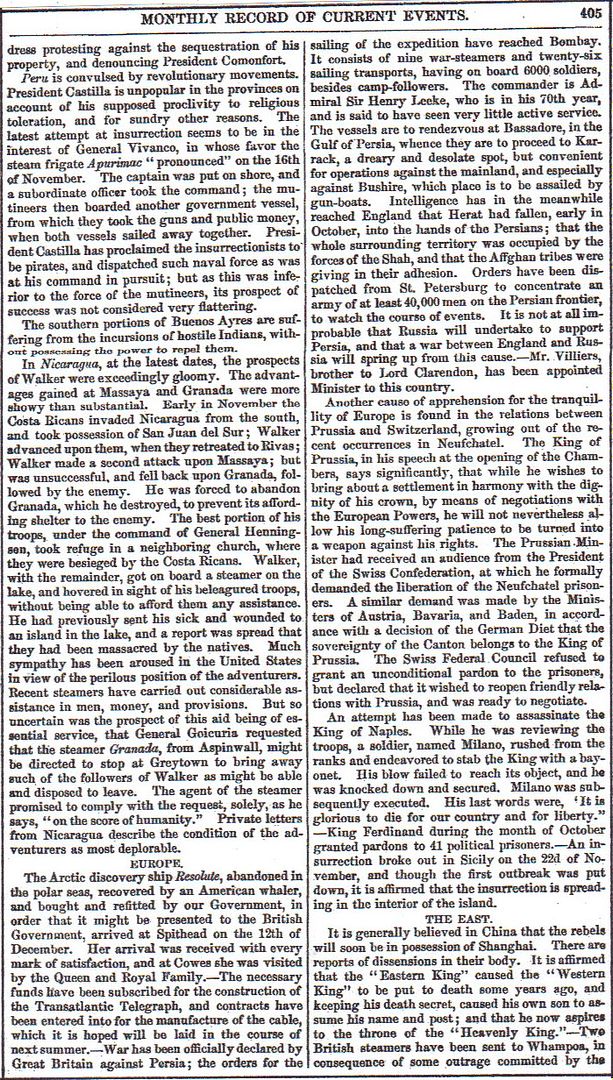
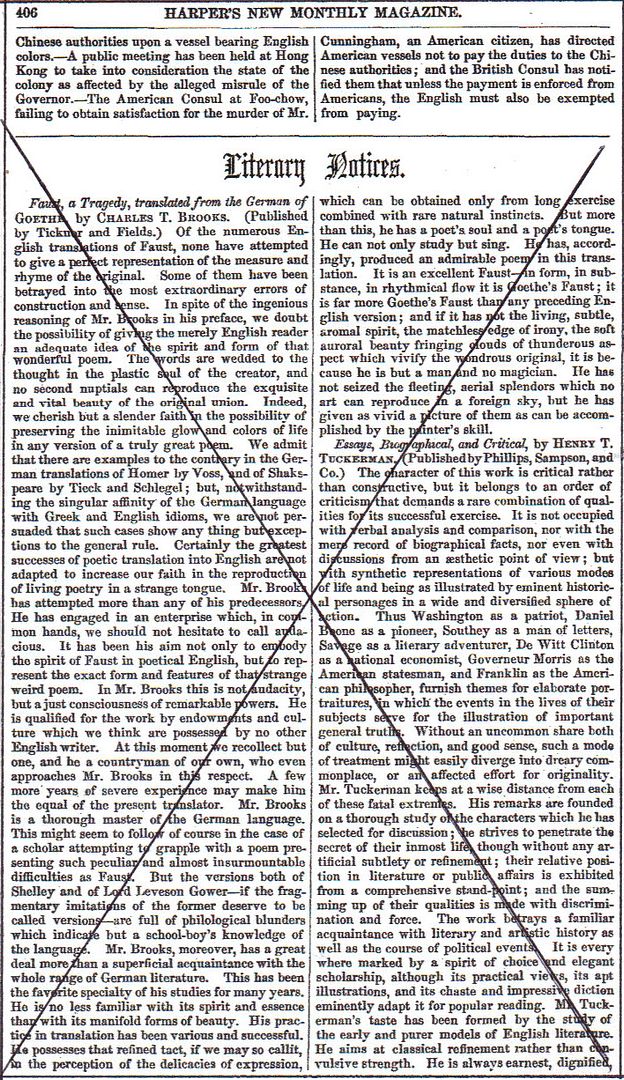
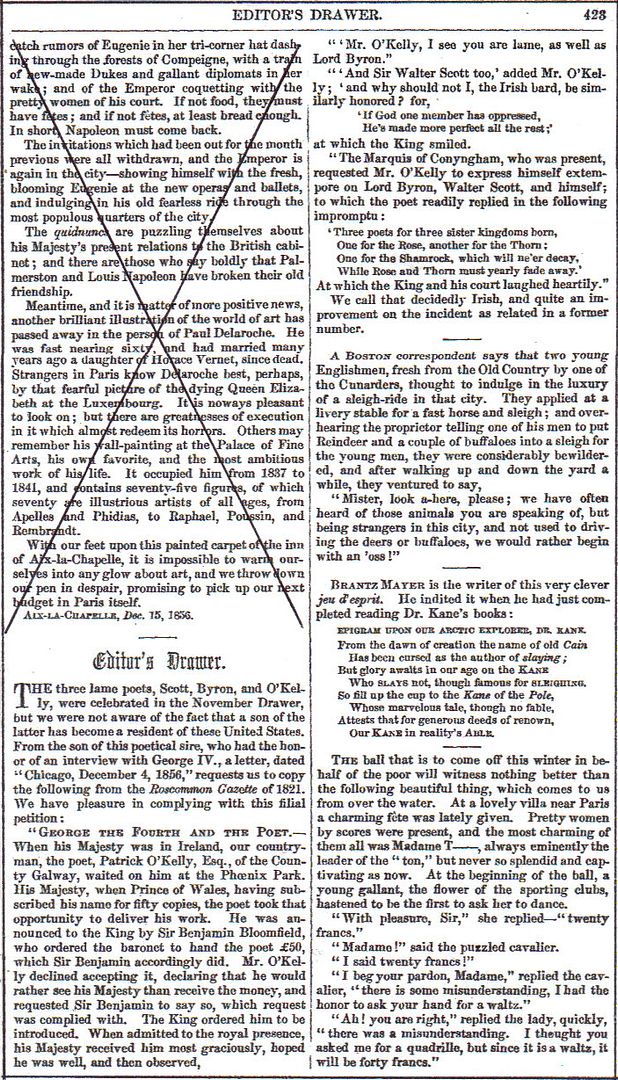
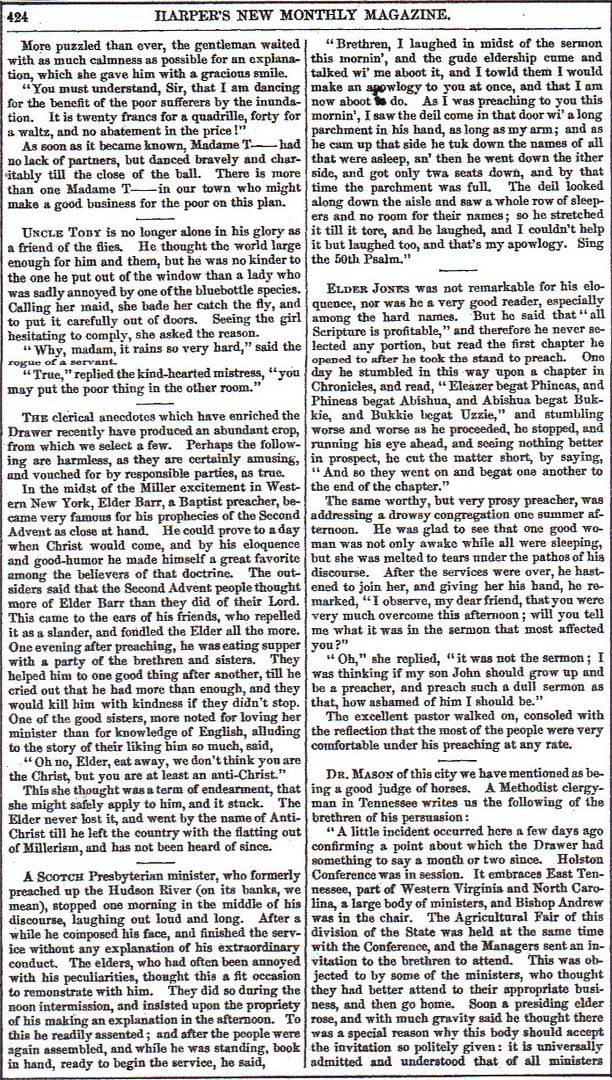
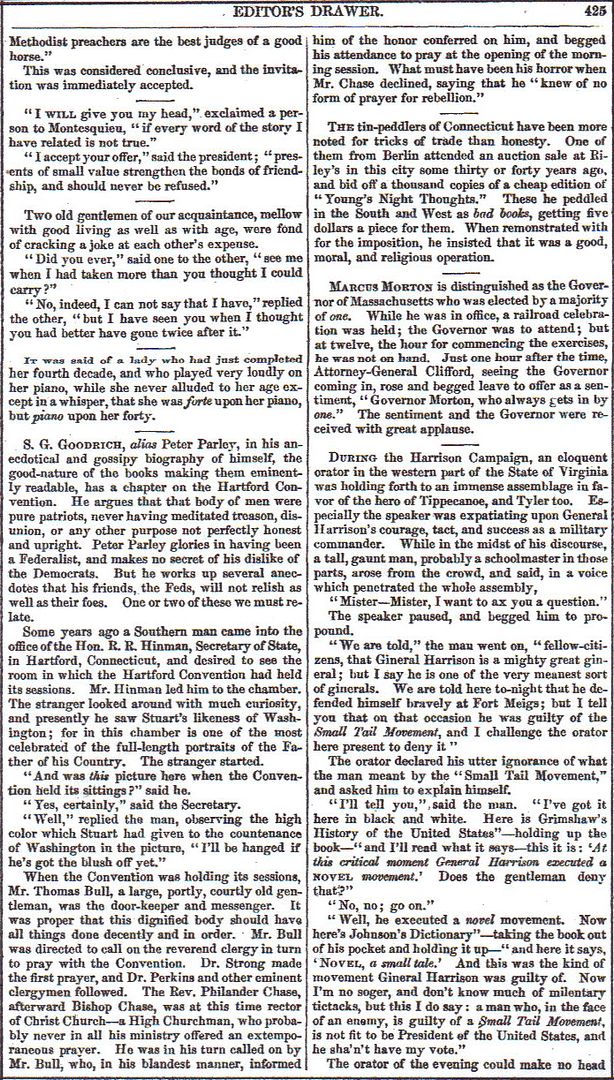
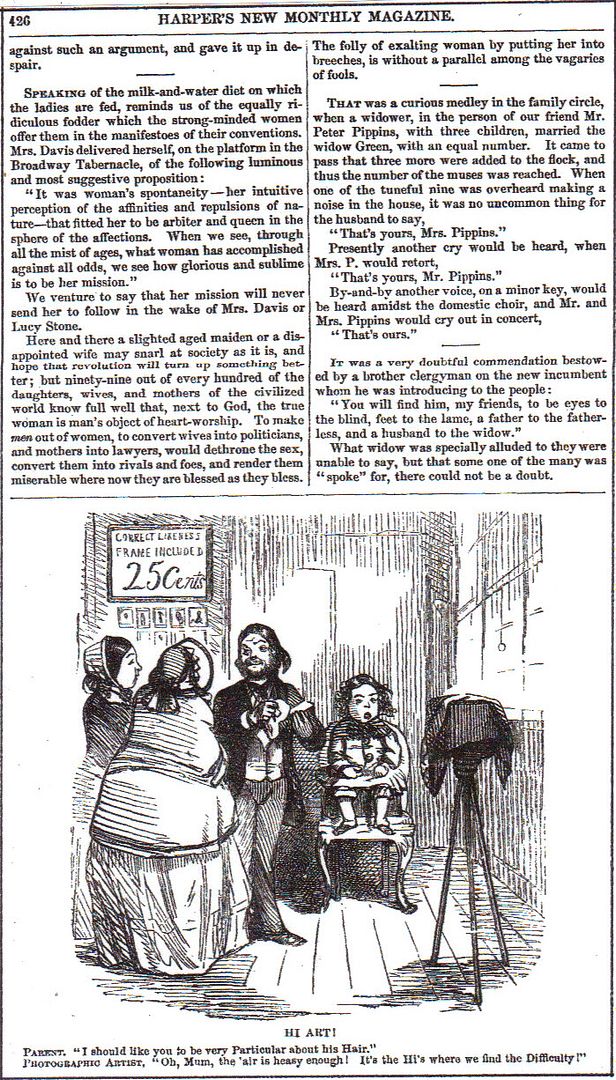
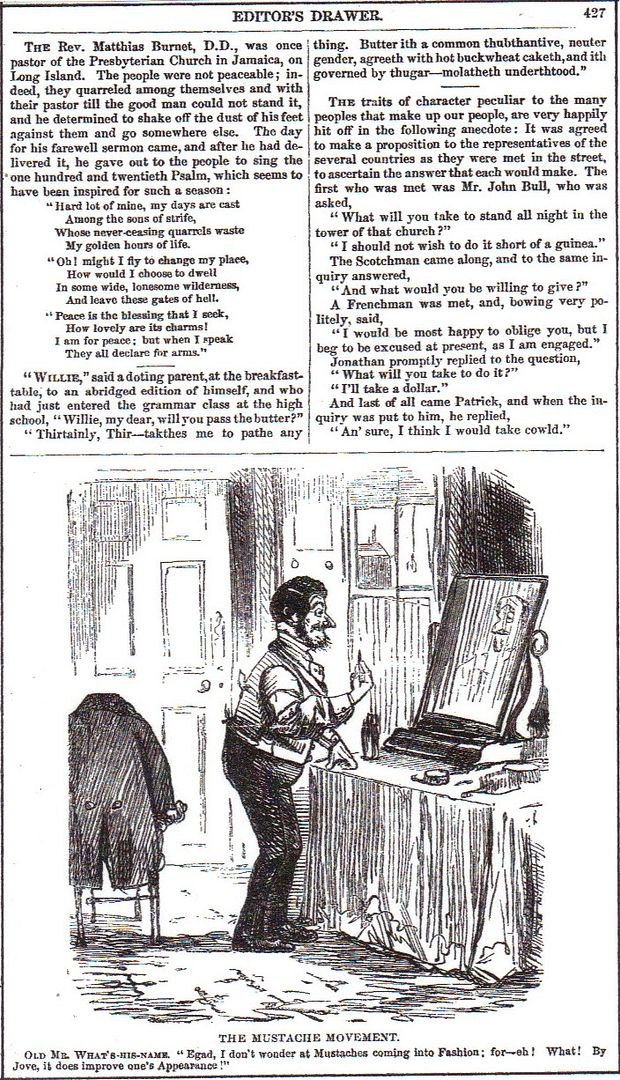
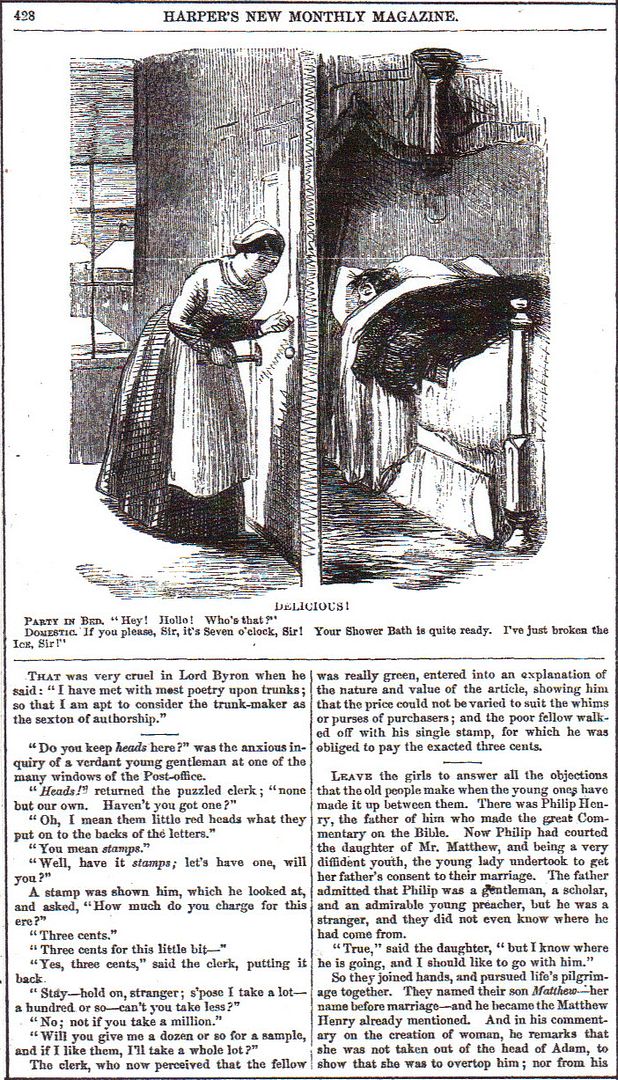
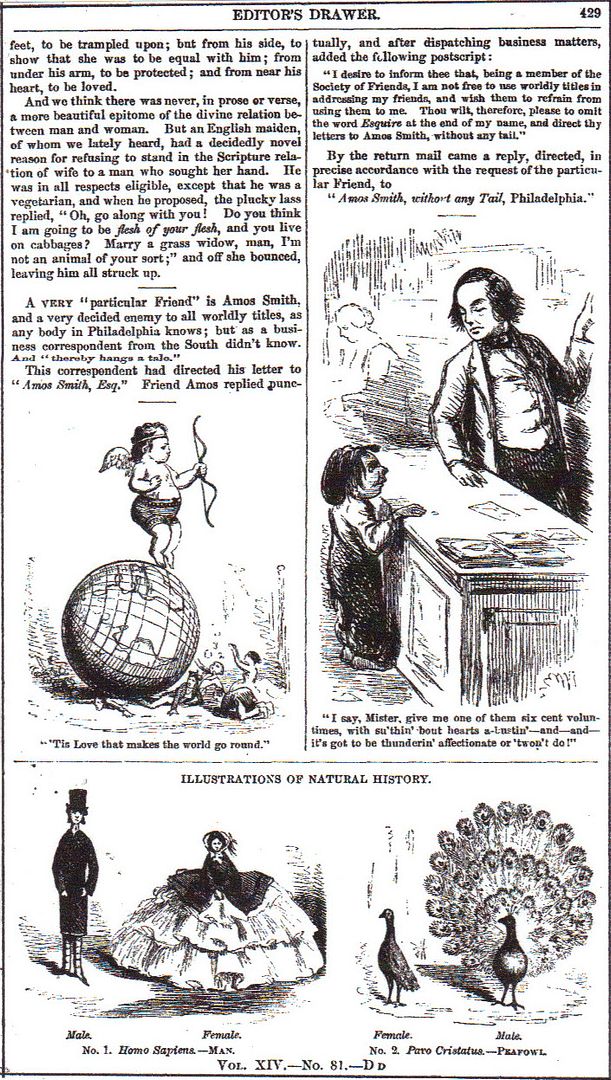
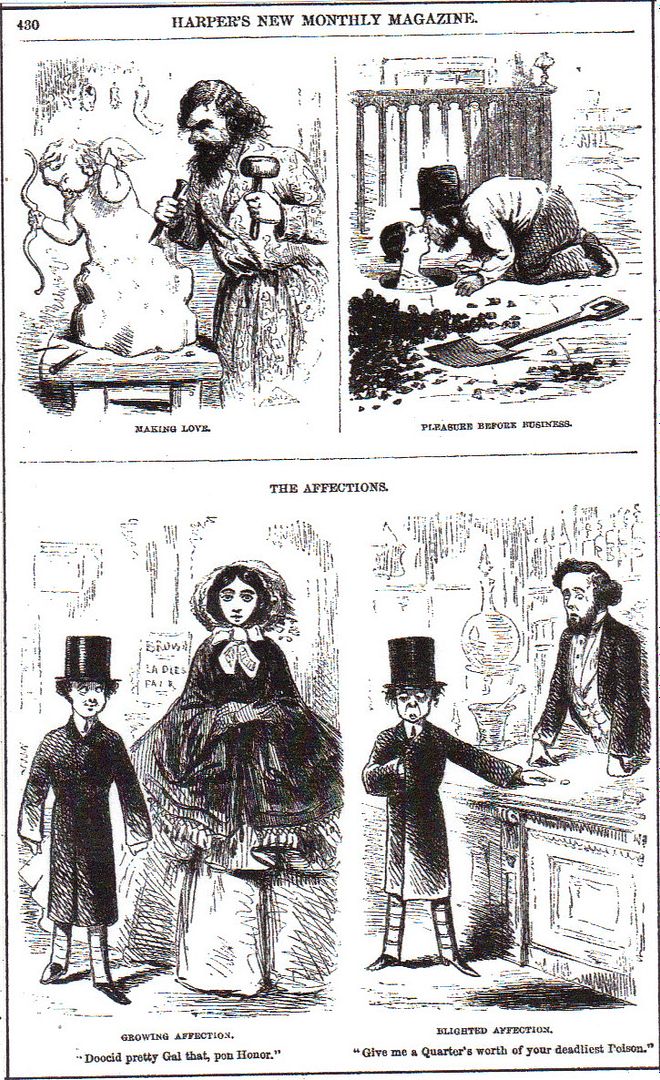
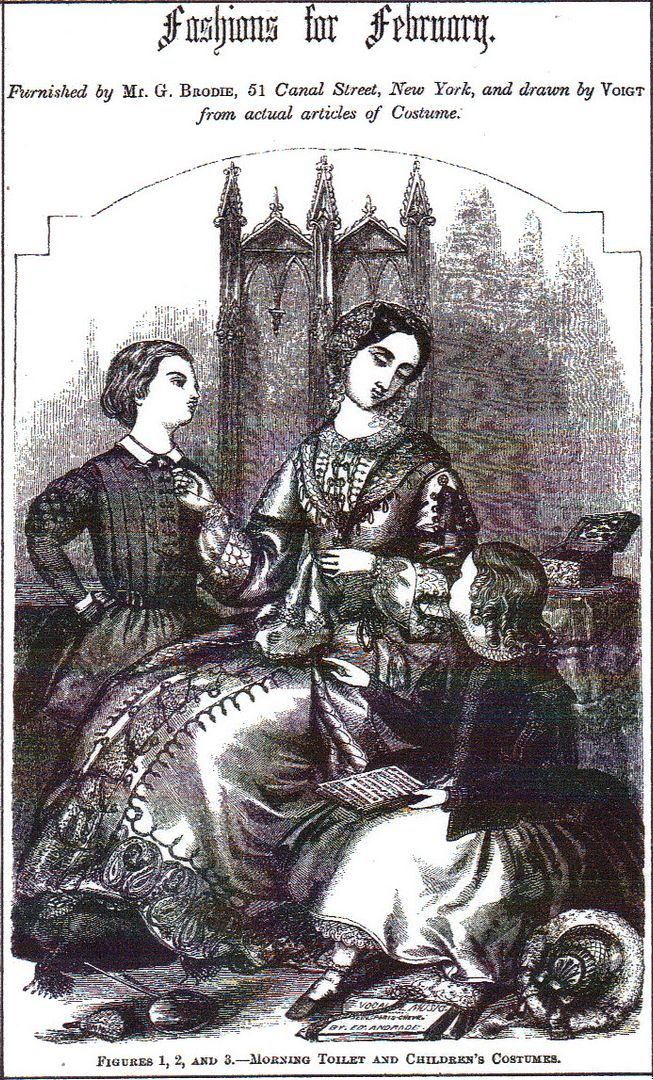
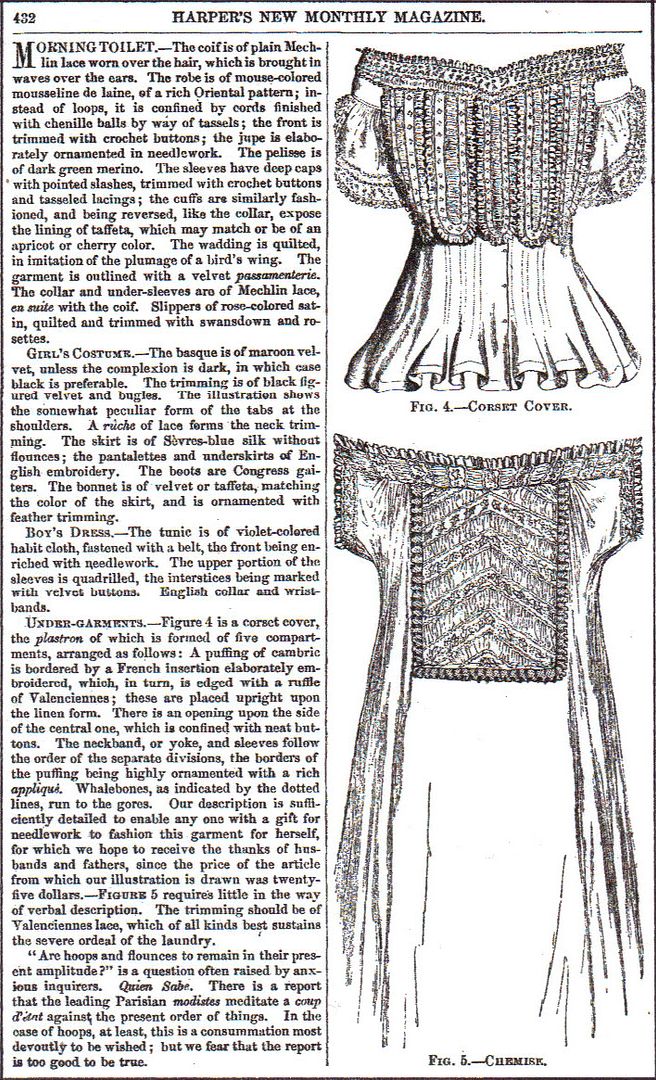
I am now convinced that you are intentionally being obtuse. Many times you have been told that Art IV sec 2 refers specifically to fugitive slaves (that would be "runaway" slaves, escaped slaves, slaves who have left their master and run to a free state, looking for freedom). It is not a blanket statement about the legality/illegality of slavery. In fact it acknowledges that there are states where slavery is legal and that there are states where it is not legal. If that same slave had been brought into Pennsylvania by his master and kept in that state for over six months he would automatically become free by the state laws of Pennsylvania. Even George Washington understood this. Even the slaves understood this. Even Ichabod Crane understood this. You are apparently the only American who does not understand this.
Regardless, Taney (like Herod) settled the entire issue once and for all by deciding that blacks were not citizens, had never been citizens and never could be citizens. They were, as he said, a lower order of being than the white man. How did that work out for him? Within a scant two years the country entered into the largest bloodbath the world has ever seen.
ps Please don't drag out your pointy 3D graph/chart. You're gonna poke your eye out with that thing.
You actually think today’s Democrats would support the Dred Scott decision? Your ad hominem was not only out of line but made no sense at all.
Shall I go on? I don't know. Thought at first you were at least a reasonable guy.
Guess I'll say this: if it could be shown that the signers of the Dof I did not intend Life, Liberty, and Pursuits to include slaves, then that would weigh in favor of Congress not having power to exclude slavery from territories.
You need to pay attention. I never said the Constitution "intended to give freedom to slaves." Just the opposite. I said the Constitution allowed slavery and until the 13th-15th Amendments, slavery was a states' issue.
Even if territories were found to be slave-free zones so to speak, I don't believe that would give the territory the right to take away the slave-owner's property. It seems to me that if a state had to give full GF&C to another state that a territory would also be bound to give a state full GF&C.
So whether a territory was slave free or not, I think Dred Scott was properly decided certain questionable parts of the opinion notwithstanding.
That is my understanding as well. The reason the FF&C clause was not used was because instead, Taney argued that neither the feds nor any state could prohibit slavery. That was grossly inaccurate. Until the 13th -15th Amendments, slavery was an issue of each sovereign state.
I think FF&C probably would have been effective in this case as even just recently, Congress had to pass DOMA to prevent FF&C from operating in gay marriage issues between states.
Total nonsense, since as you've now been informed many times, by the 1787 Constitution Convention, most Northern states had already begun abolishing slavery, and the rest would soon follow.
In the process of abolishing slavery states like Pennsylvania set time limits on how long slave holders could keep their slaves in Pennsylvania before they must either free them, or remove them from the state.
That's the law President Washington acknowledged and obeyed while living in Philadelphia.
So your claiming the Constitution required something different is pure Democrat style judicial activism.
Like Democrats you are trying to invent new law from the penumbras and emanations of a "living document" Constitution.
Sorry, but I'm telling you it just won't sell, not here.
Maybe on some Democrat site?
Sure, since Dred Scott was the Roe V Wade of its time -- judicial activism at its greatest, inventing constitutional law from penumbras and emanations, opinions written to protect a privileged class of people at the great expense of another.
In Dred Scott the victims were African slaves in Roe v. Wade unborn children.
Both are totally consistent with what Democrats have been since Day One.
Only the privileged class and victims have changed over time, Democrats never change.
Jim 0216: "Your ad hominem was not only out of line but made no sense at all."
No ad hominem, simply a factual description of Democrat thinking, which you appear to fully share.
How else could you even imagine trying to defend Chief Justice Taney's Dred Scott decision?
Not even the fire eaters of 1857 argued that northern states could not outlaw slavery.
Yes, many people keep calling it that. Article IV Section 2 has no such verbiage in it, and last I checked, what people say is not dispositive of what is the law. It is the text of the law that determines what it's meaning will be, and the text says the slave will be returned per the laws of other states that require it.
Don't talk to me about being obtuse. Intentions and assertions do not matter. What matter are the text of the law.
If that same slave had been brought into Pennsylvania by his master and kept in that state for over six months he would automatically become free by the state laws of Pennsylvania.
The most liberal reading of Article IV Section 2 cannot yield such an interpretation. It only says they will be returned, it says nothing about "six months". It *DOES* say no state law can change the fact that the slave will be returned, so your Law of Pennsylvania is dead on arrival so far as Article IV Section 2 is concerned.
You are welcome to show me where in Article IV it allows another state to pass a law freeing a slave held by the laws of the state where the "labor is due."
FF&C has had little application over time.
Sure, but the key fact which somehow keeps escaping you knuckleheads ("knuckleheads" is statement of fact, not insult!) is that the Founders and their Constitution also allowed abolition, indeed the records make clear they expected eventual abolitions.
So for Taney and now you, generations later, to come along and proclaim: "the Constitution prevented abolition" is total rubbish, Democrat style judicial activism.
Sorry if that offends you precious snowflakes, but truth is not always so gentle.
Your minds are screwed up on this subject, and you need to straighten them out.
We're here to help you with that.
And now you have been made familiar with what we know and love about BroJoeK. He embodies the wish fulfillment methodology of liberal legal practice. The law means whatever makes him feel the most warm and fuzzy, not that ugly horrible stuff that he doesn't like.
Rational people do not attempt to fool themselves about the meaning of the law. I hate the 24th amendment which gives the right to vote to non-taxpayers, but i'm not going to interpret it to mean something I like just because I don't like what it means.
Don't take it personal. When I was referring to a dishonest reading, I meant historically dishonest, not you specifically. Those of us who have looked into this issue are aware that the words in the Declaration were adopted into the Massachusetts State Constitution, and lawsuits were immediately brought claiming those words (All men are created equal ...) freed all the slaves in Massachusetts.
The framers of the Massachusetts constitution had no such intent, but that didn't stop the courts from dishonestly interpreting those words in that manner. People have been doing it ever since.
If you've studied the history of the period, the founders clearly did not intend for the Declaration to free the slaves.
Guess I'll say this: if it could be shown that the signers of the Dof I did not intend Life, Liberty, and Pursuits to include slaves, then that would weigh in favor of Congress not having power to exclude slavery from territories.
Exhibit one, the guy who wrote it kept his own slaves. So did most (All?) of the other slave owners who signed it.
Even if territories were found to be slave-free zones so to speak, I don't believe that would give the territory the right to take away the slave-owner's property. It seems to me that if a state had to give full GF&C to another state that a territory would also be bound to give a state full GF&C.
Your point that the Missouri Compromise was unconstitutional I believe was exactly correct. So is your reasoning regarding slavery in the territories.
So whether a territory was slave free or not, I think Dred Scott was properly decided certain questionable parts of the opinion notwithstanding.
It had a few erroneous opinions in it, such as the claim that Blacks could never be citizens. This is obviously untrue because there were many blacks subjects prior to the Declaration, and the Declaration certainly did not take that away from them. Since no citizens existed prior to the Declaration, it is presumed that when all the other subjects were converted to citizens, then so too were the Black subjects.
But the bulk of it is correct according to the laws of that time period.
It certainly pissed off a lot of people, but making people angry does not make it an incorrect decision. It is legally correct according to the laws in existence at that time. I don't have to like a decision to recognize it correctly follows the principles of the law.
Not even the fire eaters of 1857 argued that northern states could not outlaw slavery.
Why should they attempt to do that? In some states, banning slavery was already a fait accompli. It had been the defacto law in some states for half a century or more, and legal arguments would have been pointless.
That doesn't mean they would not have been correct.
And where in the record might that be? Also, if it's not a law, what difference does it make that individuals had opinions?
The Constitution allowed congress to end the slave trade after 1808. I know of no place in the constitution where it intended to end slavery where it already existed. What I see is a clause that makes it virtually impossible to do so without repealing that clause.
So for Taney and now you, generations later, to come along and proclaim: "the Constitution prevented abolition" is total rubbish, Democrat style judicial activism.
That is the shoe you have on your foot. Interpreting the clear meaning of Article IV Section 2 to allow states laws to interfere with other states slavery laws, is Liberal Judicial activism. Article IV Section 2 specifically says you cannot do that, and somehow you simply ignore what it says.
Oh, and let's not forget the Corwin Amendment, which Lincoln said he supported in his first inaugural address. That would have made Slavery a permanent part of constitutional law.
What a predicament it would have become had the Slave states remained in the Union long enough to pass that amendment, and *then* seceded!
What then would have become of the War Propaganda?
Just to be perfectly clear, we are discussing the US Constitution of 1787, Article IV Section 2 clause 3. Also known, more widely and to be historically honest, as the Fugitive Slave Clause. As Abe said, in his first Inaugural, "There is much controversy about the delivering up of fugitives from service or labor. The clause I now read is as plainly written in the Constitution as any other of its provisions:
No person held to service or labor in one State, under the laws thereof, escaping into another, shall in consequence of any law or regulation therein be discharged from such service or labor, but shall be delivered up on claim of the party to whom such service or labor may be due.
It is scarcely questioned that this provision was intended by those who made it for the reclaiming of what we call fugitive slaves; and the intention of the lawgiver is the law." A. Lincoln
But of course you DL have to come along and not only question this "scarcely questioned" clause but you must impart a whole new meaning that no else can quite fathom. Why, it is as if you have an agenda.
As for this: DL "The most liberal reading of Article IV Section 2 cannot yield such an interpretation. It only says they will be returned, it says nothing about "six months".
For your information, the Pennsylvania Act of 1780 predates the US Constitution. It is also known as An Act for the Gradual Abolition of Slavery, passed by the Pennsylvania legislature on 1 March 1780, and was one of the first attempts by a government in the USA to begin an abolition of slavery. In 1783 Massachusetts abolished slavery unequivocally with no such gradual easing.
DL: It *DOES* say no state law can change the fact that the slave will be returned, so your Law of Pennsylvania is dead on arrival so far as Article IV Section 2 is concerned.
See above. You are very vague on the concept of a slave arriving in a freestate as a fugitive and a slave being brought into a freestate accompanied by his master. I can not help you with your failure to understand that any more than I have.
DL: You are welcome to show me where in Article IV it allows another state to pass a law freeing a slave held by the laws of the state where the "labor is due."
And you are equally as welcome to show me where it doesn't allow that. That did not need to be included in the narrow meaning of the clause. The clause was written after the Pennsylvania Act of 1780. Everyone who was anyone plainly understood these things at the time.
The Act prohibited further importation of slaves into the state, required Pennsylvania slaveholders to annually register their slaves (with forfeiture for noncompliance, and manumission for the enslaved), and established that all children born in Pennsylvania were free persons regardless of the condition or race of their parents.
Those enslaved in Pennsylvania before the 1780 law entered effect remained enslaved for life. Another act of the Pennsylvania legislature freed them in 1847. Pennsylvania's "gradual abolition"—rather than Massachusetts's 1783 "instant abolition"—became a model for freeing slaves in other Northern states.
1780 Amendment
The 1780 Act prohibited further importation of slaves into Pennsylvania, but it also respected the property rights of Pennsylvania slaveholders by not freeing slaves already held in the state. It changed the legal status of future children born to enslaved Pennsylvania mothers from "slave" to "indentured servant", but required those children to work for the mother's master until age 28. To verify that no additional slaves were imported, the Act created a registry of all slaves in the state. Slaveholders who failed to register their slaves annually, or who did it improperly, lost their slaves to manumission.
The 1780 Act specifically exempted members of the U.S. Congress and their personal slaves. Congress was then the only branch of the federal government under the Articles of Confederation, and met in Philadelphia.
1788 Amendment
An Amendment, created to explain and to close loopholes in the 1780 Act, was passed in the Pennsylvania legislature on 29 March 1788. The Amendment prohibited a Pennsylvania slaveholder from transporting a pregnant enslaved woman out-of-state so her child would be born enslaved; and from separating husbands from wives, and children from parents. It required a Pennsylvania slaveholder to register within six months the birth of a child to an enslaved mother. It prohibited all Pennsylvanians from participating in, building or equipping ships for, or providing material support to the slave trade.
The 1780 Act had also allowed a non-resident slaveholder visiting Pennsylvania to hold slaves in the state for up to six months. If those slaves resided any longer than six months they automatically became freemen. But a loophole was soon identified and exploited: if the non-resident slaveholder took his slaves out of Pennsylvania before the 6-month deadline, it would void his slaves' residency. The 1788 Amendment prohibited this rotation of slaves in and out-of-state to subvert Pennsylvania law.
The 1780 Act had exempted personal slaves owned by members of Congress. But by 1790, when Philadelphia became the temporary national capital for a 10-year period, there were three branches of the federal government under the U.S. Constitution. There was confusion about whether or not the Pennsylvania law extended to all federal officials; members of Congress (legislative branch) remained exempt, but there was uncertainty regarding whether justices of the U.S. Supreme Court (judicial branch) and the President of the United States and his Cabinet (executive branch) would also be exempt. Attorney General Edmund Randolph lost his personal slaves to manumission due to his misunderstanding of the state law. He conveyed his advice to President George Washington through the president's secretary, Tobias Lear:
"This being the case, the Attorney General conceived, that after six months residence, your slaves would be upon no better footing than his. But he observed, that if, before the expiration of six months, they could, upon any pretense whatever, be carried or sent out of the State, but for a single day, a new era would commence on their return, from whence the six months must be dated for it requires an entire six months for them to claim that right."
Washington argued (privately) that his presence in Philadelphia was solely a consequence of the city being the temporary national capital, and that he remained a citizen of Virginia and subject to its laws on slavery. Still, he himself was careful not to spend six continuous months in Pennsylvania, which might be interpreted as establishing legal residency. Had he litigated the issue, it might have clarified his legal status and that of other slaveholding federal officials. But it also would have called attention to his slaveholding in the President's House, and put him at risk of losing those slaves to manumission. It was thought that he followed his Attorney General's advice, and knowingly and repeatedly violated the state's 1788 Amendment by rotating the enslaved Africans in his presidential household in and out of Pennsylvania. There is no record of Washington having been challenged for this. According to Lear, the Pennsylvania Abolition Societyseems to have turned a blind eye to the President's actions:
That the Society in this city for the abolition of slavery, had determined to give no advice and take no measures for liberating those Slaves which belonged to the Officers of the general Government or members of Congress. But notwithstanding this, there were not wanting persons who would not only give them (the Slaves) advise, but would use all means to entice them from their masters.
DiogenesLamp to HandyDandy: "Yes, many people keep calling it that.
Article IV Section 2 has no such verbiage in it...
the text says the slave will be returned per the laws of other states that require it.
Don't talk to me about being obtuse.
Intentions and assertions do not matter.
What matter are the text of the law."
But the text is totally clear, so you remind me of that "so-called judge" in Washington state who ruled against the President without even quoting the law!
Article 4, Section 2:
Nothing, repeat nothing, in the Dred Scott case had anything to do with "escaping" slaves, but rather with one who wished to purchase his own freedom but was denied.
He then sued saying he should have been freed automatically when brought into Illinois and Wisconsin for many years.
Chief Justice Taney ruled that states had no right to abolish slavery for slaves brought by their holders into free states.
Taney's justification for that ruling was not the above Article 4 Section 2, but rather Taney's claim the Federal Government had no constitutional authority to outlaw slavery in the Territories.
The problem with Taney's ruling is that no recognized Founder -- none, zero, nada Founder -- ever claimed such a thing.
So the real question here is why do we now have two posters, DiogenesLamp and Jim 0216 concocting ludicrous legal sounding arguments out of thin air?
I think I know the answer, and it's why I think it important to resist strongly.
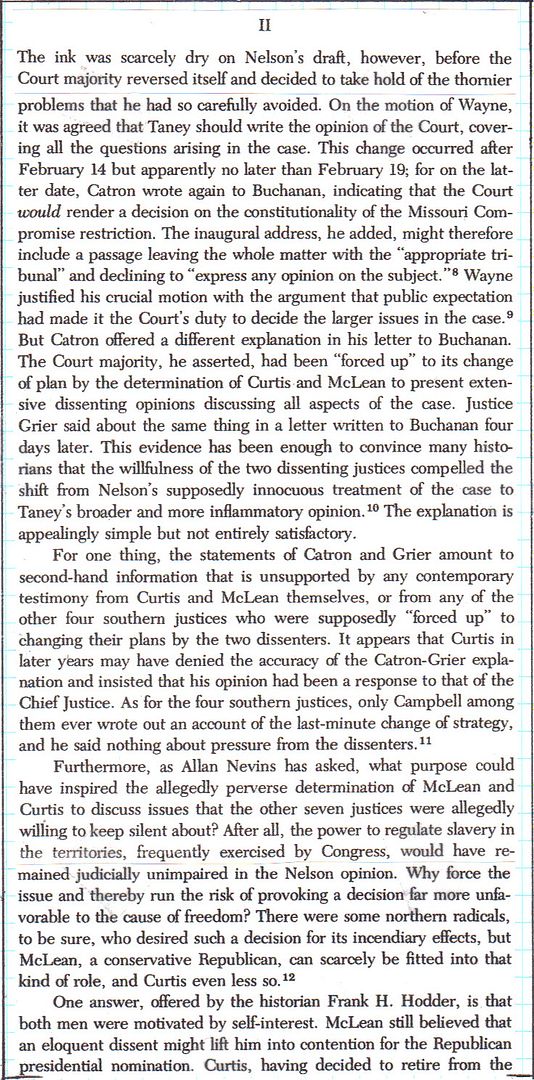
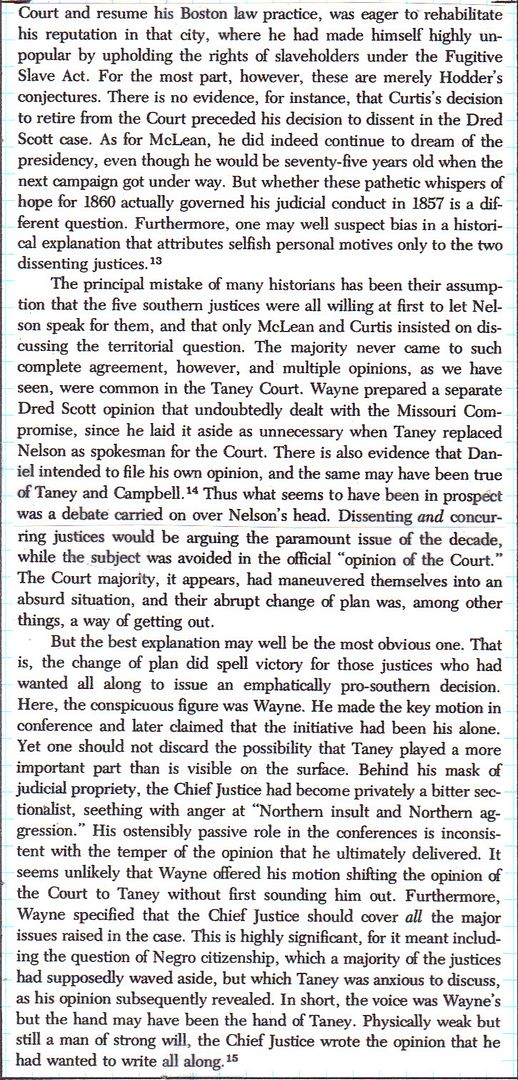
Don E. Fehrenbacher, The Dred Scott Case: Its Significance in American Law and Politics" (1978)
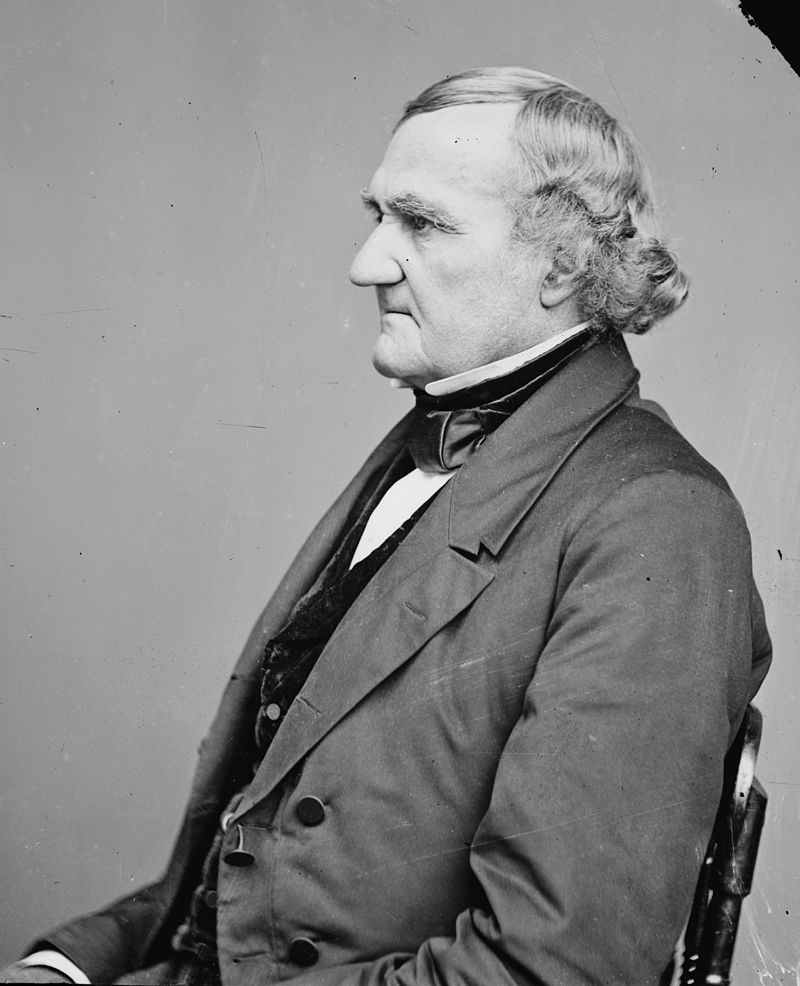
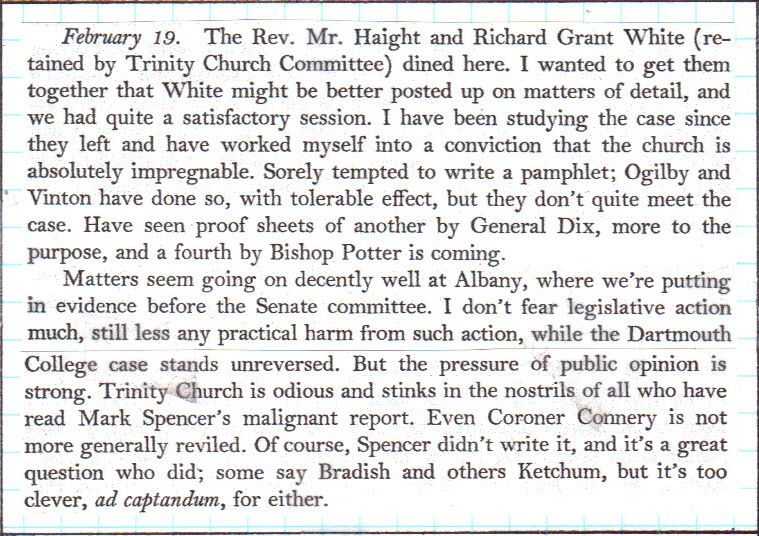
The Diary of George Templeton Strong, Edited by Allan Nevins and Milton Halsey Thomas
. . . [T]he central question raised in the suit - whether extended residence on free soil liberated a slave - was not an issue in American politics and had already been tested many times in the Missouri courts, with consistent results. . . . Once the subject of a suit for freedom was raised, anyone familiar with Missouri law could have told the Scotts that they had a very strong case. Again and again, the highest court of the state had ruled that a master who took his slave to reside in a state or territory where slavery was prohibited thereby emancipated him.
The Dred Scott Case, pages 251 & 252.
Since it was Missouri law that was cited in the suit and not Illinois law it appears to me that the full faith and credit clause is not in play.
Disclaimer: Opinions posted on Free Republic are those of the individual posters and do not necessarily represent the opinion of Free Republic or its management. All materials posted herein are protected by copyright law and the exemption for fair use of copyrighted works.